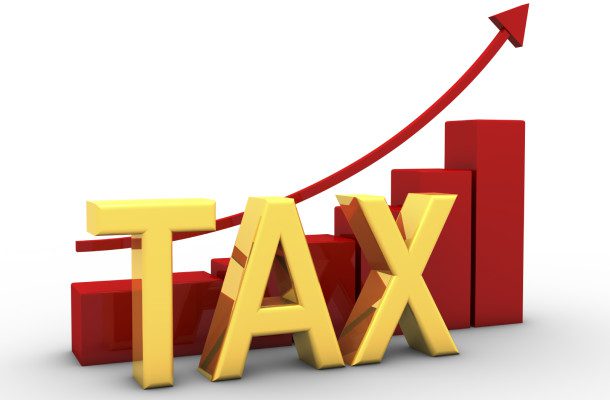Tax revenues not high enough, PM Browne tells the Nation, so new measures to increase them are coming shortly
The Gaston Browne Administration apparently has had a change of
mind regarding taxes and is promising to increase them by the next
budget cycle.
Residents are already complaining that “things are hard in Antigua
and Barbuda,” with soaring inflation driving up the cost of living.
But Browne, the minister of finance, says the level of tax buoyancy
he anticipated is not being seen, and this is a weakness in the
country’s financial system.
And while he continues to boast that his administration is skillfully
growing the economy at a rapid rate, he admits that there is no
corresponding increase in revenues.
According to Browne, while other OECS governments are collecting
almost 25 percent or more of their Gross Domestic Product (GDP) in
taxes, Antigua and Barbuda is collecting only 16 to 17 percent of its
GDP from this revenue stream.
Therefore, he says that, in the not-too-distant future, his
administration will have to consider introducing new measures to
increase government’s revenue yield.
Additionally, he says, discretionary concessions will have to be
reconsidered.
The prime minister says that citizens and residents must
understand that the Government cannot provide certain services if it
cannot collect its fair share of taxes.
This is ironic, a source tells REAL News, since this culture was
created by the Antigua Labour Party, itself, which used the “fear” of
taxes to dissuade persons from voting for another party, telling
them they would have to pay taxes if they did so.
Browne further notes that there is a culture of tax avoidance in
Antigua and Barbuda, and, in some instances, there may also be
cases of tax evasion.
The prime minister claims, however, that mechanisms will be put in
place to protect the poor and the vulnerable.
Meanwhile, Browne says there is a build-up in arrears as a result of
the COVID -19 pandemic, and people are clamouring to be paid.
He acknowledges that the Government will not be able to grow itself
out of this situation organically within a short period of time if it
simply waits on anticipated growth – again, because there is little
tax buoyancy, despite improvement in the tax-collection mechanism.




